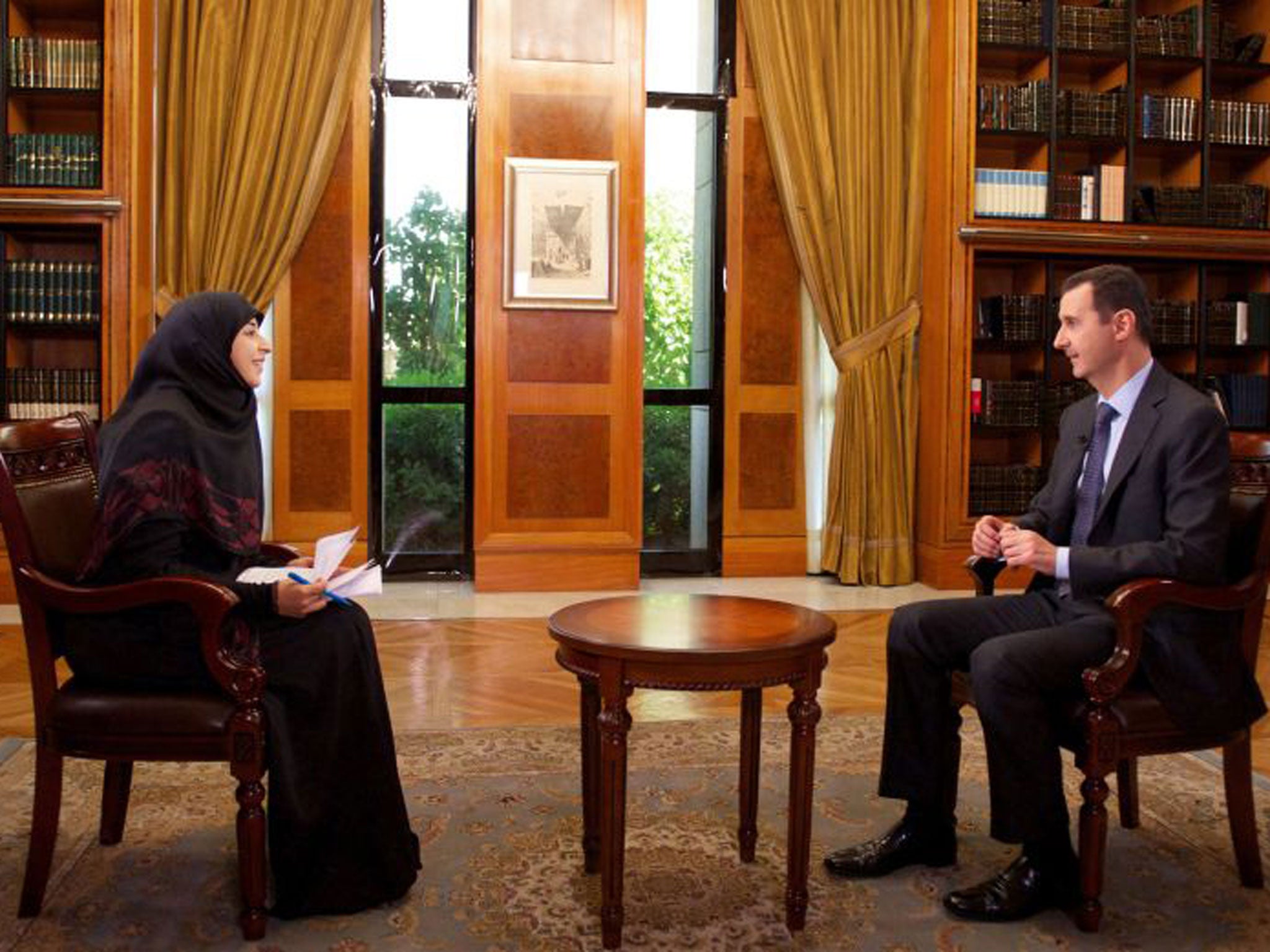Defiant Syrian President Bashar al-Assad says he will go ahead with deal for Russian S-300 missiles

The transfer of advanced long-range missiles to Syria threatens Israel and puts the stability of the entire region at risk, the United States warned yesterday, urging Russia not to go ahead with the controversial sale.
In an interview on the Lebanese television station Al Manar on Thursday night, a defiant Bashar al-Assad said he would fulfil all existing weapons contracts signed with the Russians. As Israeli officials expressed concern over the contract for S-300 missiles, the Syrian President threatened to retaliate “immediately” to any attack.
The missiles have a striking distance of around 130 miles, which would give Damascus the ability to hit the Israeli city of Tel Aviv. Israeli officials have said they will act to make sure the S-300 missile system, one of the most advanced surface-to-air defence missile systems in the world, does not become operational.
The Russians have said publicly that they will push forward with the sale, even as Moscow and Washington scramble to try and organise peace talks between the regime and the opposition this month.
“It is not helpful to have the S-300 transferred to the region while we are trying to organise this peace (conference) and create peace,” US Secretary of State John Kerry said at a joint press conference in Washington with German Foreign Minister Guido Westerwelle. “The weaponry that is being provided to Assad whether it is an old contract or not, has a profoundly negative impact on the balance of interests and the stability of the region and it does put Israel at risk.”
In his interview on Thursday Mr Assad hinted that Syria may have received the first shipment of S-300s, but reports in the Russian media raised doubts. Russia’s Interfax news agency quoted an unnamed source in arms exports as saying that if the delivery took place, it would be in the Autumn at the earliest. However, the news agency reported that a contract for a batch of 10 MiG-29 fighter jets is currently being negotiated by a visiting Syrian delegation.
The surface-to-air missile system is particularly controversial as it would give Mr Assad the ability to fend off airstrikes from Israel, and impede any potential no-fly zone. Israel has carried out raids on Syrian territory on several occasions in the past few months amid concerns that “game changing” weapons would be passed to Israel’s long standing enemy Hezbollah, the Lebanese Shia movement which is backing Mr Assad’s forces in battle.
Hezbollah has been leading the siege on the strategic border town of Qusayr, which lies not far from the Lebanon-Syria border. In another blow to the prospect of peace talks the Syrian National Coalition announced in Istanbul that it would only attend the US and Russian-backed talks in Geneva if Hezbollah militants supported by Iran end their assault on the Syrian people.
Join our commenting forum
Join thought-provoking conversations, follow other Independent readers and see their replies
Comments
Bookmark popover
Removed from bookmarks